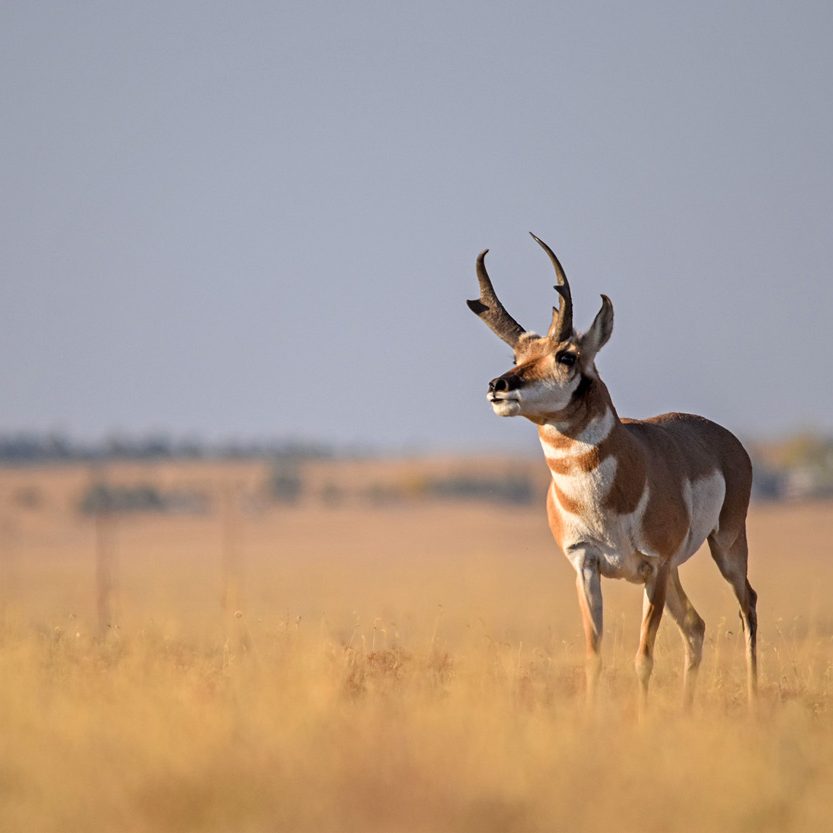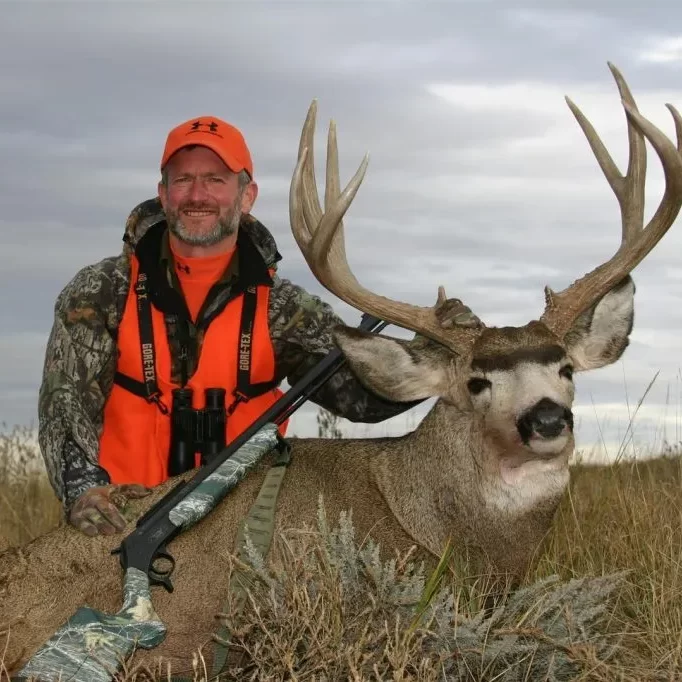A Comprehensive Guide to Finding Rules for Specific Species
Introduction: The Importance of Understanding Hunting Regulations
The Role of Hunting in Conservation
Hunting plays a significant role in wildlife management and conservation. Ethical hunting practices help maintain balanced ecosystems, control wildlife populations, and generate funding for conservation efforts through licensing and permits. However, to hunt responsibly, it’s essential to understand and follow the rules and regulations set forth by wildlife management authorities. These regulations are designed to ensure sustainable hunting practices, preserve wildlife populations, and ensure the safety of both hunters and non-hunters.
The Complexity of Hunting Regulations
Hunting regulations can be complex and vary significantly depending on the species, geographic location, and time of year. They encompass a range of rules, including hunting seasons, bag limits, licensing requirements, and specific methods of take. Navigating this regulatory landscape can be daunting, especially for those new to hunting. This article aims to provide a comprehensive guide on how to find and understand the rules and regulations for the specific species you plan to hunt, ensuring a responsible and enjoyable hunting experience.

Online Resources: State and Federal Wildlife Agencies
State Wildlife Agency Websites
One of the most reliable ways to find the rules and regulations for the species you plan to hunt is to visit the website of the state wildlife agency where you intend to hunt. These websites provide detailed information on hunting seasons, bag limits, licensing requirements, and specific regulations for various species. State wildlife agencies often publish annual hunting guides or handbooks that are available for download. These guides are updated regularly to reflect changes in laws and regulations, making them an essential resource for hunters.
Federal Wildlife Agency Resources
For hunting regulations related to federally managed lands or species, the U.S. Fish and Wildlife Service (USFWS) and other federal agencies provide valuable information. The USFWS website offers guidelines on migratory bird hunting, endangered species protections, and hunting on federal refuges. Additionally, agencies such as the Bureau of Land Management (BLM) and the National Park Service (NPS) provide regulations for hunting on the lands they manage. Accessing these federal resources ensures that you comply with all applicable laws when hunting on federal lands or for federally protected species.
Local Hunting Publications and Guides
Annual Hunting Regulation Guides
Many states publish annual hunting regulation guides, which are available both online and in print. These guides contain comprehensive information on hunting seasons, bag limits, legal hunting methods, and specific rules for different game species. They also include maps and information about public hunting lands, special permits, and hunter education requirements. Picking up a physical copy of these guides from local sporting goods stores, wildlife agency offices, or hunting license vendors can be convenient for reference while in the field.
Local Newspapers and Magazines
Local newspapers and outdoor magazines often publish articles and special editions dedicated to hunting regulations and tips for the upcoming season. These publications may include interviews with wildlife officials, expert advice, and stories from local hunters. Subscribing to local outdoor magazines or following newspaper articles can keep you informed about any changes in regulations and provide additional insights into hunting practices and conservation efforts in your area. Being well-informed through multiple sources ensures you adhere to all relevant rules and regulations.
Hunter Education Programs
Mandatory Hunter Education Courses
In many states, completing a hunter education course is a prerequisite for obtaining a hunting license. These courses cover essential topics such as hunting laws and regulations, ethical hunting practices, wildlife identification, and firearm safety. Participating in a hunter education course not only ensures that you understand the rules specific to the species you plan to hunt but also prepares you to hunt safely and ethically. These programs are often available online or in-person and are tailored to new hunters as well as those needing a refresher.
Educational Workshops and Seminars
Beyond mandatory hunter education courses, many wildlife agencies and conservation organizations offer workshops and seminars focusing on specific aspects of hunting. These events may cover topics such as species-specific regulations, habitat management, and advanced hunting techniques. Attending workshops and seminars provides an opportunity to learn directly from experts, ask questions, and engage with the hunting community. These educational opportunities enhance your knowledge of hunting regulations and best practices, contributing to a more responsible hunting experience.

Consulting with Local Experts and Communities
Engagement with Local Hunting Clubs
Joining local hunting clubs and organizations is an excellent way to stay informed about hunting regulations and practices in your area. Experienced hunters in these clubs often have extensive knowledge of local laws and can provide valuable advice and mentorship. Club meetings, newsletters, and social events are platforms for discussing regulations, sharing experiences, and staying updated on any changes. Engaging with these communities can also lead to collaborative hunting opportunities and partnerships, enhancing your overall hunting experience.
Networking with Wildlife Officers
Building a rapport with local wildlife officers and game wardens can be highly beneficial. These officers are responsible for enforcing hunting regulations and have in-depth knowledge of local laws, species-specific rules, and conservation efforts. They can provide firsthand information and clarify any doubts you may have about hunting regulations. Establishing a positive relationship with wildlife officers ensures you have a reliable source of information and support, making your hunting endeavors more informed and compliant with the law.
Online Forums and Social Media Groups
Hunting-Specific Forums
Online forums dedicated to hunting are valuable platforms for accessing a wealth of knowledge and experience. These forums have sections where members discuss regulations, share field reports, and exchange tips on hunting various species. Engaging in these discussions allows you to ask questions, gain insights, and learn from the experiences of a diverse group of hunters. Forums like HuntingNet, ArcheryTalk, and The HuntingPA Forum are popular among the hunting community and provide a space for in-depth discussions on regulations and best practices.
Social Media Groups and Communities
Social media platforms like Facebook, Reddit, and Instagram host numerous groups and communities focused on hunting. Joining these groups connects you with hunters from around the world who share updates, stories, and regulatory advice. Many wildlife agencies and conservation organizations also maintain active social media profiles where they post updates on hunting regulations, season dates, and conservation initiatives. Following these profiles and participating in group discussions ensures you stay current with the latest information and trends in the hunting world.

Conclusion: Ensuring Compliance and Ethical Hunting
The Importance of Staying Informed
Staying informed about hunting regulations is crucial for legal and ethical hunting. Understanding and adhering to the rules ensures the sustainable management of wildlife populations and contributes to conservation efforts. Utilizing multiple resources, such as state and federal agency websites, local publications, hunter education programs, and expert consultations, provides comprehensive knowledge of the regulations for the specific species you plan to hunt. Being well-informed reflects your commitment to responsible hunting and respect for nature.
Commitment to Ethical Hunting Practices
Following hunting regulations is part of a broader commitment to ethical hunting practices. Ethical hunters respect wildlife, the environment, and fellow hunters. They prioritize safety, conservation, and fair chase principles. By staying informed and adhering to regulations, you contribute to the positive image of the hunting community and help ensure that hunting remains a sustainable and respected tradition. Continuing education, engagement with the hunting community, and a dedication to ethical practices are the hallmarks of a responsible and conscientious hunter.
